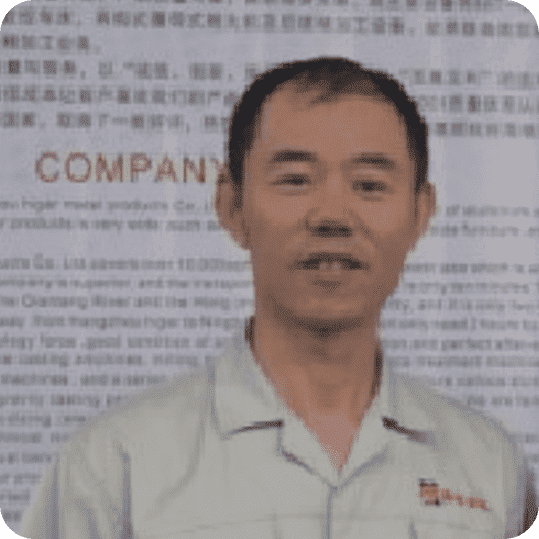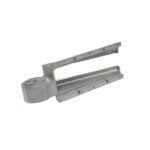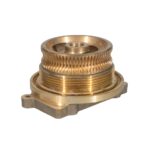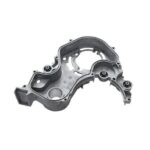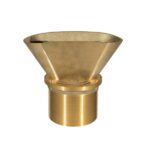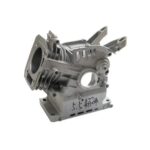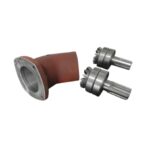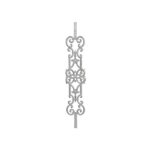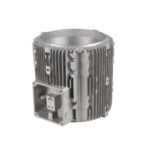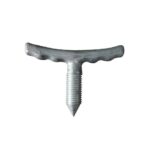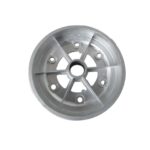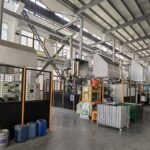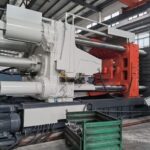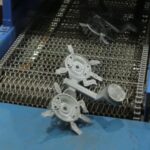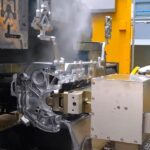Aluminum die casting is a manufacturing process in which molten aluminum is injected under high pressure into a steel mold or die. This method is favored for producing complex shapes with excellent surface finishes and dimensional accuracy.
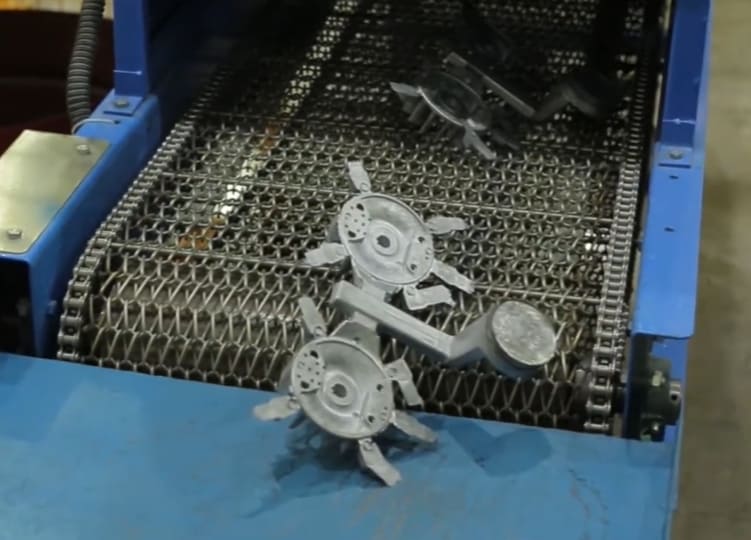
Benefits of Aluminum Die Casting
| Benefit | Description |
|---|---|
| High Strength-to-Weight Ratio | Aluminum die casting parts are known for their superior strength-to-weight ratio, making them highly desirable in industries such as automotive and aerospace. |
| Excellent Thermal Conductivity | Aluminum’s excellent thermal conductivity makes it suitable for applications requiring efficient heat dissipation, such as heat sinks and engine components. |
| Corrosion Resistance | Aluminum’s natural oxidation layer provides a protective barrier against corrosion, extending the lifespan of die-cast parts, particularly in harsh environments. |
| Versatility in Design | The die casting process allows for the creation of intricate designs and complex geometries, beneficial for producing parts with thin walls, fine details, and smooth surfaces. |
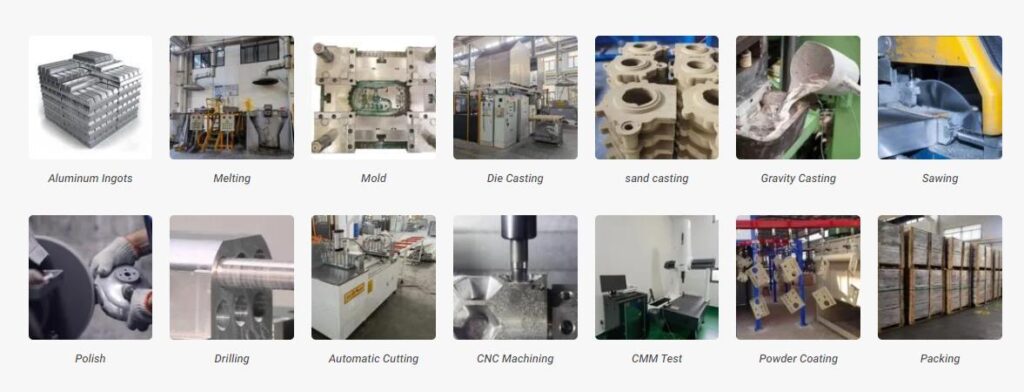
The Die Casting Process
Mold Preparation
The first step in the die casting process is preparing the mold. The steel mold is designed with precision to ensure the final product meets exact specifications. Proper mold maintenance and lubrication are crucial for high-quality output and prolonging the mold’s lifespan.
Melting and Injection
Aluminum is melted in a furnace and then injected into the mold under high pressure. The pressure ensures the molten metal fills all cavities and voids, resulting in a dense and strong casting.
Cooling and Ejection
After injection, the mold is cooled to solidify the aluminum. Cooling times are carefully controlled to prevent defects such as warping or shrinkage. Once solidified, the part is ejected from the mold.
Trimming and Finishing
Excess material, known as flash, is trimmed from the casting. The part then undergoes various finishing processes, such as machining, polishing, or coating, to achieve the desired specifications and surface quality.
Applications of Aluminum Die Casting Parts

| Application | Description |
|---|---|
| Automotive Industry | Extensively used for manufacturing engine components, transmission housings, and structural parts, contributing to improved fuel efficiency and performance. |
| Aerospace Industry | Employed for aircraft components, offering high strength, reduced weight, and resistance to extreme temperatures. |
| Electronics and Telecommunications | Ideal for electronic enclosures, heat sinks, and components in telecommunications equipment due to aluminum’s excellent thermal properties. |
| Consumer Goods | Used in the production of consumer goods such as power tools, kitchen appliances, and sporting equipment, where precision and durability are key factors. |



Advantages of Choosing Aluminum Die Casting
Cost-Effectiveness
The high efficiency and automation of the die casting process lead to lower production costs, especially for high-volume runs. The reduction in material waste and labor costs further enhances cost savings.
Precision and Repeatability
Die casting offers exceptional precision and repeatability, ensuring consistent quality across large production batches.
This precision reduces the need for additional machining and enhances the overall quality of the final product.
Environmental Benefits
Aluminum is highly recyclable, and die casting generates minimal waste, making it an environmentally friendly manufacturing option.
The use of recycled aluminum further reduces the environmental impact and supports sustainable production practices.
Conclusion
Aluminum die casting is a versatile and efficient manufacturing process that produces high-quality parts for a wide range of applications.
Its advantages in terms of strength, weight, thermal conductivity, and corrosion resistance make it an ideal choice for industries demanding precision and durability.

